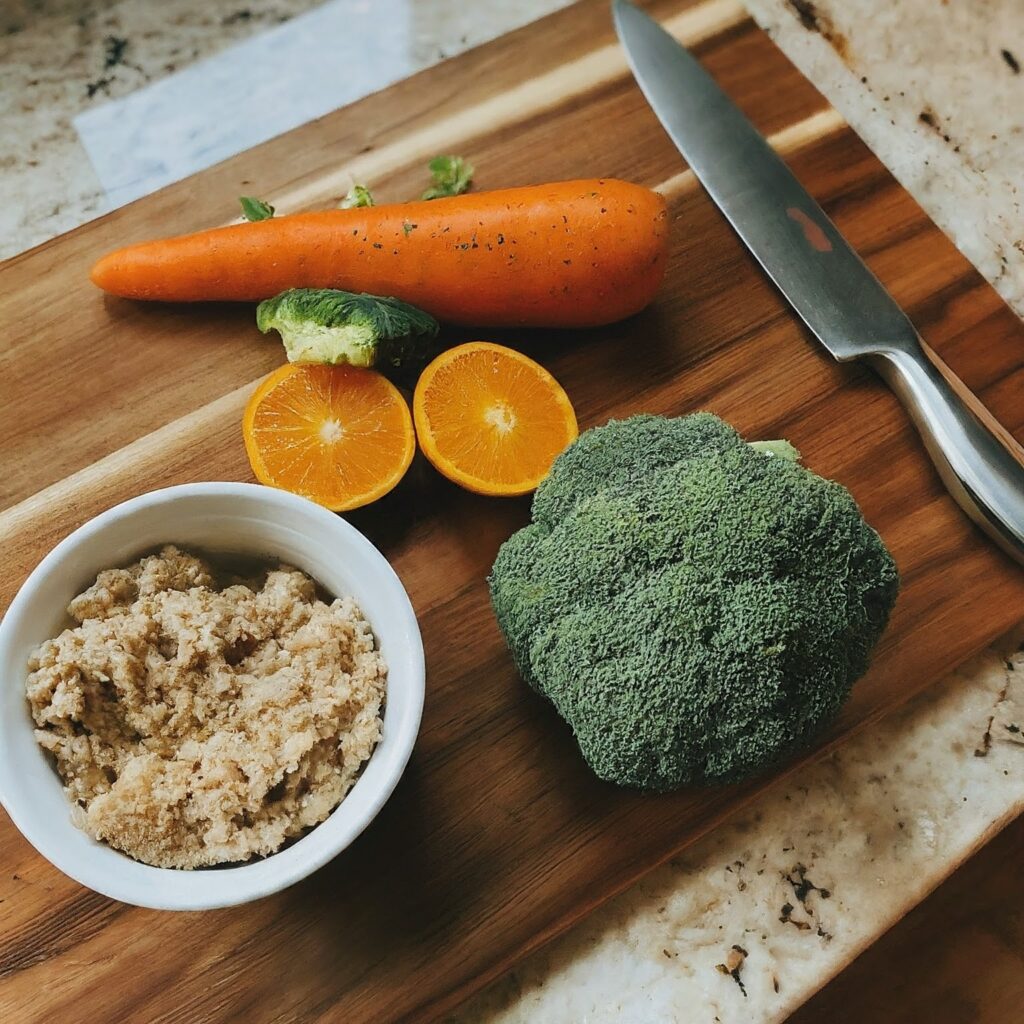
In today’s economy, managing your grocery budget can be a challenge. With food prices constantly rising, finding ways to save without sacrificing nutrition or taste is more important than ever. One of the most effective strategies for cutting your grocery bills is meal planning. By organizing your meals in advance, you can make smarter purchasing decisions, reduce waste, and enjoy delicious, home-cooked meals. Here’s a guide to help you save money through savvy meal planning.
1. Plan Your Meals Around Sales and Discounts
One of the easiest ways to save on groceries is to plan your meals around items that are on sale or available at a discount. Check weekly grocery store flyers, and look for coupons or digital offers. Base your meal plan on these deals to maximize your savings. For instance, if chicken breasts are on sale, plan for several meals that feature chicken as a main ingredient.
2. Create a Weekly Menu
Crafting a weekly menu can help streamline your shopping and cooking process. Choose recipes that use similar ingredients to reduce the number of items you need to buy. This not only simplifies your shopping list but also ensures that you use up what you buy, minimizing waste. For example, if you buy a bunch of spinach, plan to use it in salads, omelets, and smoothies throughout the week.
3. Make a Detailed Shopping List
Before heading to the store, create a detailed shopping list based on your weekly menu. Stick to this list to avoid impulse purchases and reduce the risk of buying items you don’t need.
4. Embrace Batch Cooking and Freezing
Batch cooking involves preparing large quantities of food at once and then storing it for future use. This method not only saves time but also allows you to buy ingredients in bulk, often at a lower cost. Cook and freeze meals like soups, stews, and casseroles in individual portions. This way, you’ll have ready-made meals on hand that are both cost-effective and convenient.
5. Utilize Leftovers Wisely
Leftovers are a great way to get the most out of your meal planning efforts. Repurpose leftover ingredients into new meals to avoid waste and stretch your grocery budget. For example, leftover roast chicken can be turned into chicken soup or used in salads and sandwiches.
6. Opt for Seasonal and Local Produce
Seasonal and local produce is often more affordable and fresher than out-of-season or imported options. Visit farmer’s markets or local produce stands to find good deals on fruits and vegetables. Incorporating seasonal produce into your meal plan can also add variety and enhance the nutritional value of your meals.
7. Focus on Simple and Versatile Recipes
Choose recipes that are simple to prepare and use versatile ingredients. Dishes like stir-fries, casseroles, and pasta dishes can be adapted based on what you have on hand and are often budget-friendly. Versatile ingredients like beans, rice, and eggs can serve as the foundation for numerous meals, helping you get the most value out of your grocery purchases.
8. Invest in Pantry Staples
Stocking up on pantry staples such as grains, beans, canned vegetables, and spices can help you save money in the long run. These items have a long shelf life and can be used to create a variety of meals. Buying in bulk when items are on sale can further reduce costs.
9. Reduce Food Waste
Reducing food waste is crucial for saving money. Keep track of what you have in your pantry and fridge, and plan your meals to use up these ingredients before they spoil. Implementing strategies like proper food storage and understanding expiration dates can help you make the most of your groceries.
10. Use Technology to Your Advantage
Leverage technology to make meal planning easier and more efficient. There are numerous apps and tools available that can help you create shopping lists, find recipes, and track your grocery spending. Use these resources to stay organized and stay on top of your meal planning.
Conclusion
Meal planning is a powerful tool for saving money and managing your grocery budget. By planning your meals, making strategic purchases, and minimizing waste, you can significantly reduce your food expenses while still enjoying a variety of delicious and nutritious meals. Start incorporating these strategies into your routine today, and watch your grocery bills shrink as you make the most of your budget. Happy meal planning!

